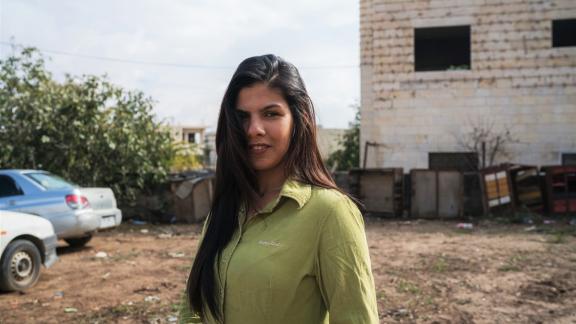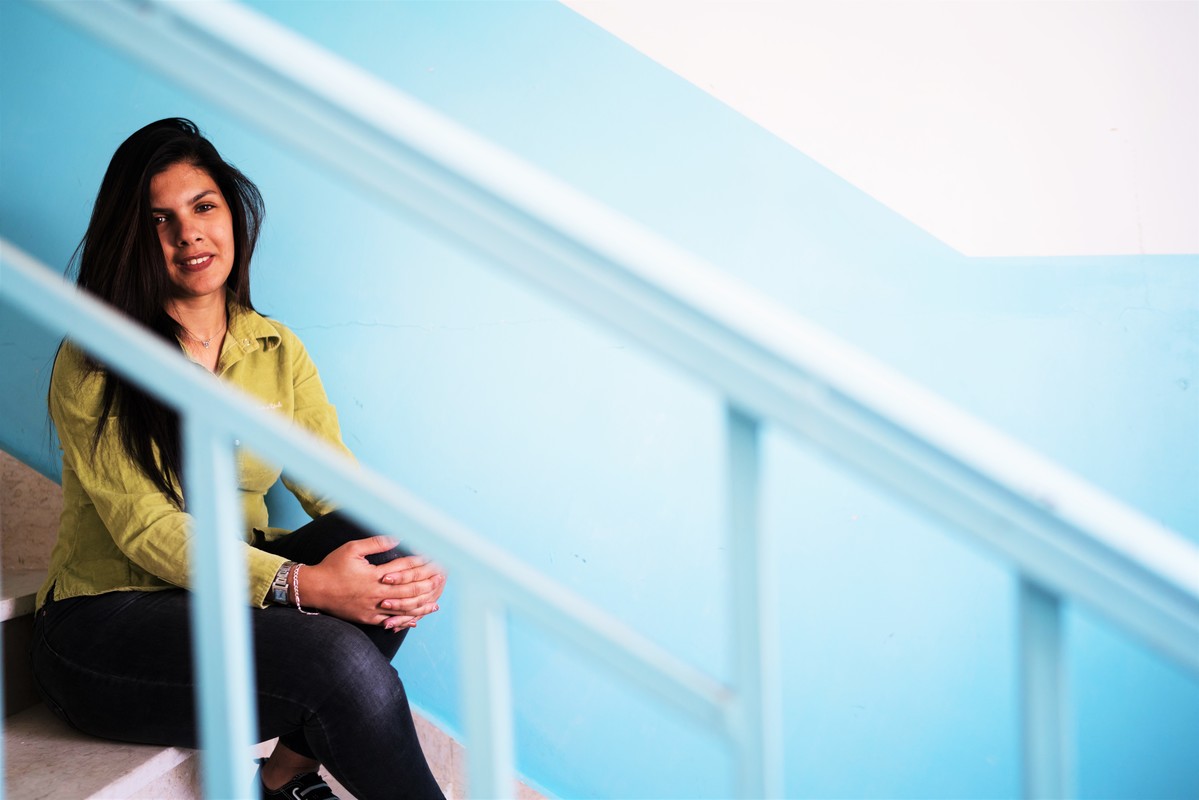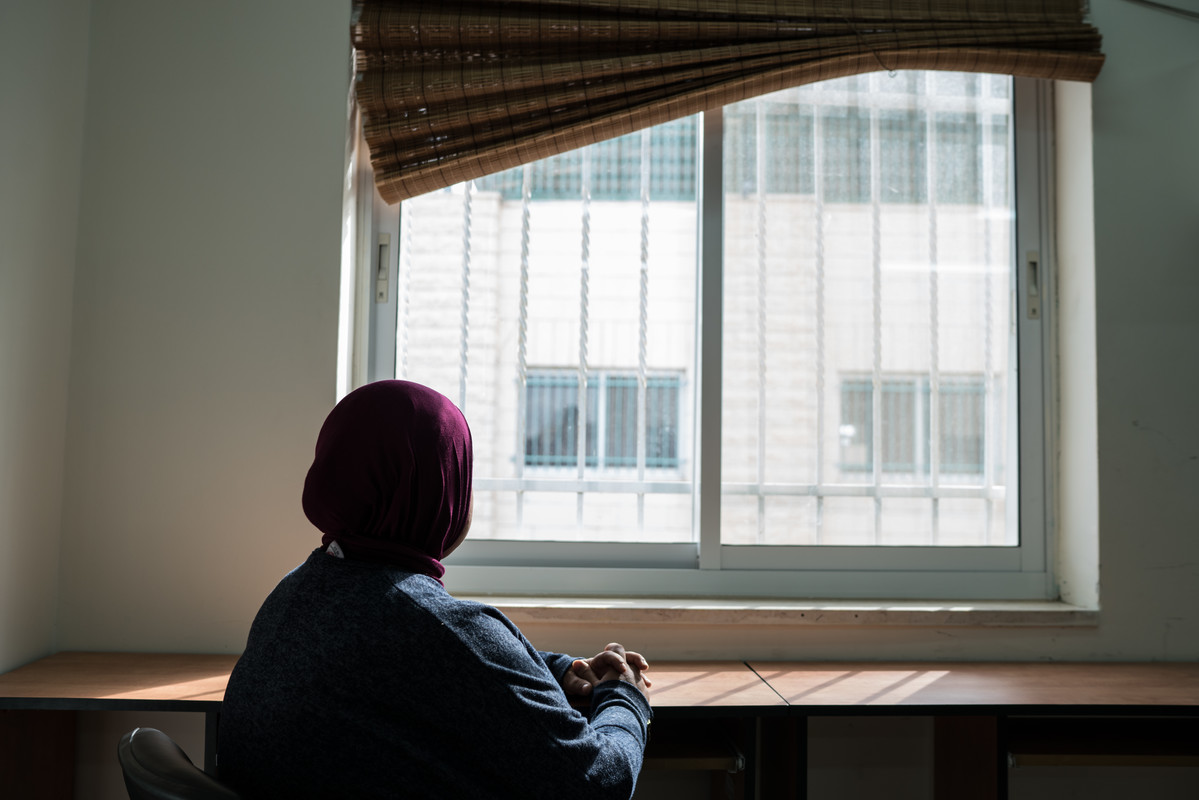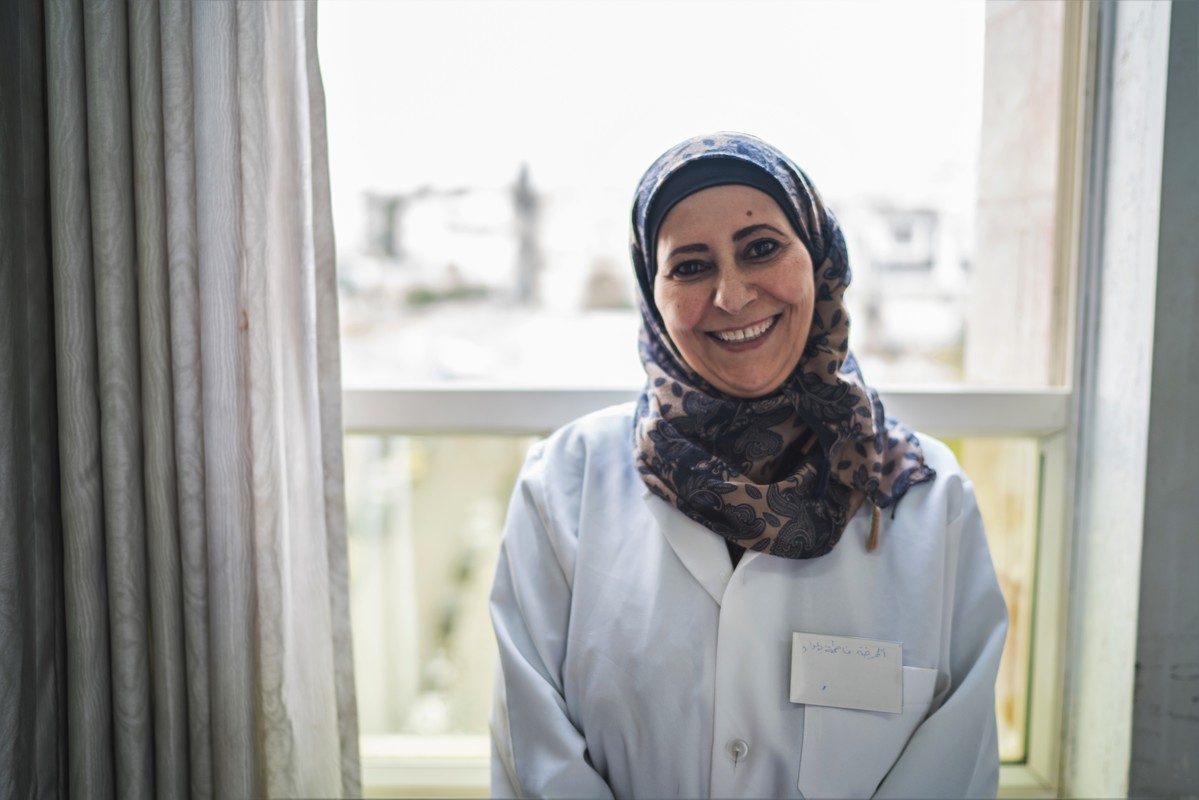Women and girls in Palestine face a number of difficulties and challenges. The ongoing conflict and lack of sitting government as well as high unemployment, has led to poverty and inequality, while an increasingly conservative society and traditionally patriarchal culture has led to increased gender-inequality and lack of access to sexual and reproductive healthcare. The current abortion law unfairly pushes women to risk their lives and health to attempt to end their unwanted pregnancies in unsafe ways.
In this context, the Palestinian Family Planning and Protection Agency (PFPPA) has been working since 1964, to provide sexual and reproductive healthcare and advocate for women’s rights. Having received two grants from Safe Abortion Action Fund (SAAF) since 2014, they have been working on the lack of access to safe abortion in the country with a focus on increasing their provision of abortion-related services and advocating at community and national level for changes to the abortion law.
My name is Amani and I am 24 years old. I live with my parents in Bethlehem in the West Bank and I work as a midwife in a family hospital in Jerusalem as well as a peer education volunteer with the Palestinian Family Planning and Protection Agency.
Working in schools
Part of my role as a volunteer involves going to schools and doing presentations about early-marriage, family planning and gender-based violence. Even though sex outside of marriage is taboo, it does happen. However, it is very hard for unmarried people to access contraception as the culture is so restrictive, especially here in Hebron. When they need contraception, the man usually goes by himself or they look online.
When we go to schools and talk to students about the subject of sexual health, the students want to know more because at home it is a taboo to talk about such things. We get many questions about issues such as masturbation or what causes pregnancy. They just know that it happens when men and women are together, they do not know how it happens. So people may ask a question like: ‘if I touch somebody, if I stand near someone or kiss them will I get pregnant?’
Abortion is still a taboo
The students don’t normally ask about abortion as it is such a taboo. I do know that unsafe abortion happens though, for example my grandmother tried to end her pregnancy once. She was forty-five years old and had six children already. She did not know any way of not getting pregnant or safely ending the pregnancy. She told me that she drank liquids and jumped from the stairs, taking a great risk. She really didn’t want to be pregnant again and tried hard to end it but it did not work.
I am very proud that as a peer educator I have expanded my knowledge on many issues, including how to provide harm reduction information to women so that they can reduce risks of unsafe abortion and not do what my grandmother did in case they don’t want to be pregnant.
Once I met with a woman who already had six children, she was tired of having children but her husband wanted to have more so we visited them at home and through conversation, the husband understood the need, so she was able to access an IUD.
Here we work a lot with women, we change them, we speak with them, they change their opinions, they become decision-makers and they leave the clinic as different people.
when
country
Palestine
Subject
Comprehensive Sex Education, Abortion Care
Related Member Association
Palestinian Family Planning and Protection Association (PFPPA)











